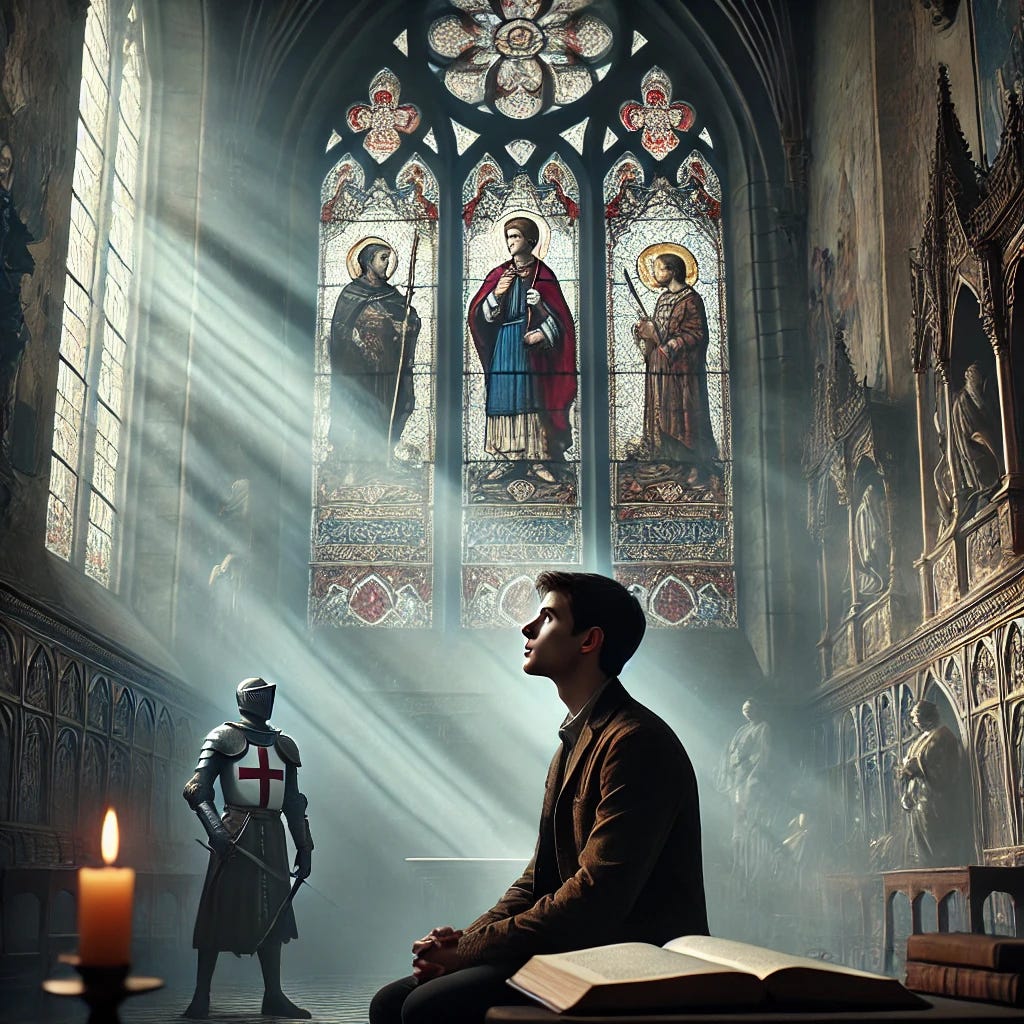When I began this article, I intended to share the story of my conversion. However, as I started writing, I found myself drawn to the very things that had caused me to abandon the faith in the first place. I found there may be more value in discussing what pushed me away—those same things that affect so many young men today. By sharing the reasons behin…
© 2025 Texas John Slaughter
Substack is the home for great culture





